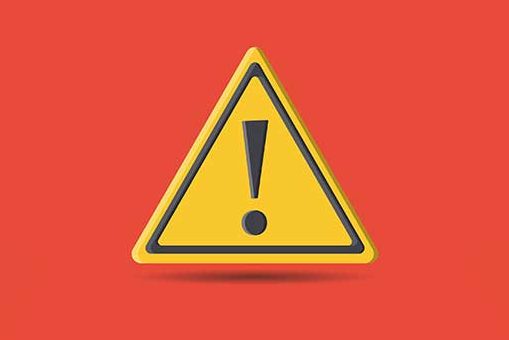When moving house, whether across Australia or overseas, there are some items you just can’t take with you. Not because we’re being picky, but because the law and safety regulations say so. At Palmers Relocations, we’ve been helping families move safely for nearly 45 years, and we make sure your goods—and your move—are handled professionally and securely.
Here’s everything you need to know about dangerous goods when moving.
1. Understanding Dangerous Goods
The Dangerous Goods Act 1985 (Australia) sets out items that require special handling, restricted transport, or cannot be moved at all. These laws apply to professional movers and anyone moving independently. The goal? Safety—for people, your belongings, and the environment.
Other important authorities and references include:
-
Safe Work Australia – for hazardous goods regulations.
-
Australian Department of Agriculture and Fisheries (DAFF) – for plant, animal, and food restrictions.
-
AFRA (Australian Furniture Removers Association) – for practical guidelines on moving restricted items. View AFRA list here.
2. Prohibited Goods You Can’t Move
Some goods are strictly prohibited due to safety or quarantine rules. These include:
Plant and Animal Products
-
Fruits, vegetables, seeds, plants, and live animals are restricted to prevent pests or disease.
Explosives and Hazardous Chemicals
-
Fertilisers
-
Fuel
-
Pool chemicals
-
Paints and thinners
-
Weedkillers and pesticides
-
Car batteries
-
Methylated spirits
Other Dangerous Items
-
Compressed gas cylinders (unless certified empty—more below)
-
Fireworks or explosives
-
Any item requiring government-licensed transport
❗ Tip: If in doubt, check with Safe Work Australia or AFRA before packing.
3. Items That Need Special Handling
Some items can be moved but only under strict preparation:
Sharp Objects
-
Knives, scissors, garden tools.
-
Must be wrapped and secured to avoid injury or damage.
Gas Bottles
-
Must be completely emptied and certified empty by a registered gas specialist.
-
Can then be safely transported.
Liquids
-
Wine, oils, detergents, cleaning fluids.
-
Must be sealed, wrapped, and cushioned to prevent leaks.
Gardening Equipment & Motorized Tools
-
Mowers, trimmers, generators, chainsaws.
-
Remove fuel and oils first.
-
Wrap blades and sharp edges for safety.
4. International Moves – Extra Restrictions
If you’re moving overseas, remember that rules differ by country:
-
Some chemicals allowed in Australia may be banned in NZ, UK, UAE, or other destinations.
-
Plant and animal products face extra quarantine restrictions overseas.
-
Vehicles may require special permits if they contain fuel or other hazardous components.
Palmers’ experience in international relocations ensures your goods are compliant and move smoothly through customs and quarantine.
5. Preparing for Your Move: Checklist
Here’s a quick pre-move checklist for dangerous or restricted goods:
-
Identify prohibited items (see above).
-
Dispose of prohibited liquids, chemicals, or flammables safely.
-
Empty gas bottles and get certified if moving.
-
Wrap sharp objects, tools, and blades securely.
-
Remove fuel from motorized equipment.
-
Label any items requiring special handling.
-
Check international restrictions if moving overseas.
Bonus: Palmers can provide a full inventory review to help you prepare your goods safely and avoid delays.
6. Safety & Liability
Moving dangerous goods incorrectly can result in:
-
Fines or legal penalties
-
Injuries to yourself, movers, or others
-
Damage to your belongings
-
Delays in your move
Professional movers like Palmers have trained teams, certified equipment, and comprehensive insurance to make sure your move is safe and compliant.
7. Questions & Support
Common questions we get:
-
Can I move lithium batteries? Only in specially approved packaging.
-
What if I accidentally packed a prohibited item? Contact Palmers immediately for guidance.
-
How do I safely dispose of hazardous household items? Many local councils have collection days for chemicals and batteries.
For any doubt, call us at 1300 363 916 or email our team. We guide you through every step.
When it comes to dangerous goods, the rules are clear: some items are prohibited, some need careful handling, and some require expert advice. Palmers Relocations combines experience, expertise, and local & international compliance knowledge to make sure your move is smooth, safe, and stress-free.
For a detailed breakdown of what goods can and cannot be moved according to the law, check AFRA’s guide here.

